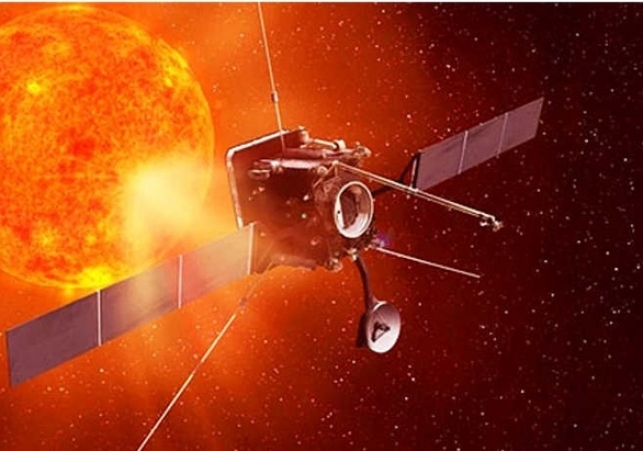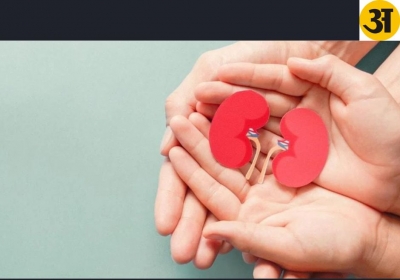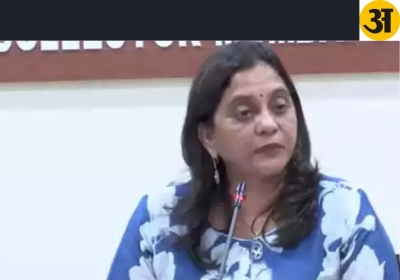
Aditya L1's solar eclipse study
India's Aditya L1 Mission: Observing Solar Eclipse
India's Aditya L1, its first solar probe, is set to observe the Total Solar Eclipse on April 8, 2024. During this event, the Sun, Moon, and Earth align, causing darkness in some parts of North America. Aditya L1 will track the Sun's corona, the outer layer, which is usually not visible from Earth.
Solar eclipse and Aditya L1's instruments
The eclipse will create a period of totality lasting over four minutes, revealing the Sun's enigmatic outer layer. Aditya L1's mission includes six instruments, with two geared to observe the eclipse. The Visible Emission Line Coronagraph (VELC) and the Solar Ultraviolet Imaging Telescope (SUIT) will be used for this purpose.
Aditya L1, positioned at Lagrange Point 1 nearly 1.5 million kilometers from Earth, entered its orbit earlier this year. The VELC will study the Sun's corona by blocking its disk, simulating an eclipse onboard. Meanwhile, the SUIT will image the Solar Photosphere and Chromosphere in near ultraviolet light.
This eclipse presents a rare opportunity for simultaneous observations from space and Earth. Professor Durgesh Tripathi, Principal Investigator of Aditya L1's SUIT instrument, highlighted the chance to gather comprehensive data. Aditya L1's mission aims to deepen our understanding of the Sun's phenomena, including the corona and solar winds.
ALSO READ: Global sea level rises due to warming climate, according to NASA
European Solar Orbiter's Role
Alongside Aditya L1, Europe's Solar Orbiter will also observe the Sun during the eclipse. The Solar Orbiter, with its unique side-on perspective, will offer a different view of the Sun's corona. This coordinated effort allows astronomers worldwide to gather data for a better understanding of the Sun's physics.
Both Aditya L1 and the Solar Orbiter's observations during this rare eclipse provide valuable insights into solar activities. This collaboration between ground-based observatories and space probes is crucial for advancing our knowledge of the Sun's dynamics.
ALSO READ: Improving education through clean water and toilets





